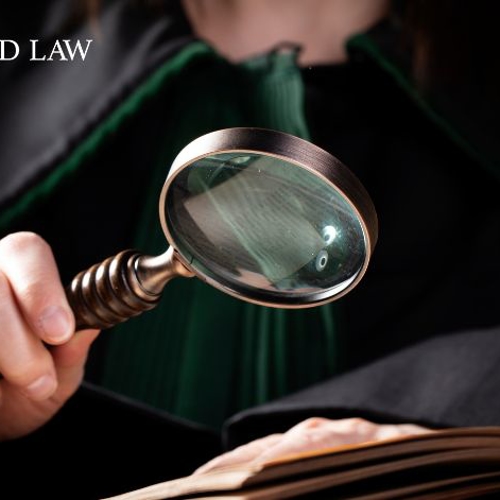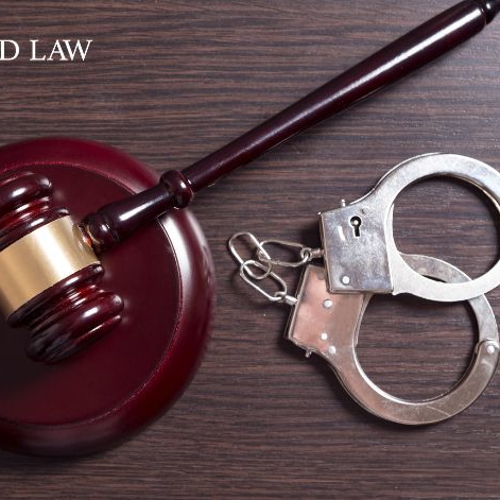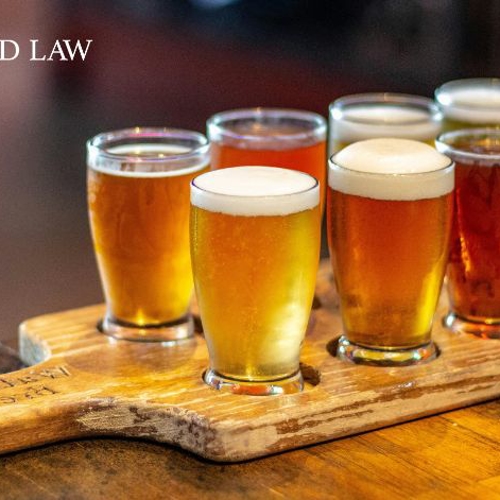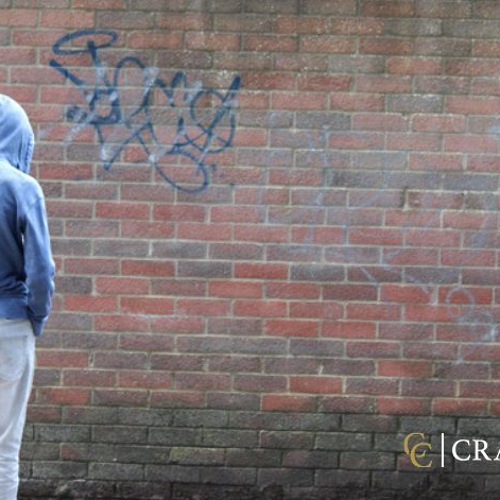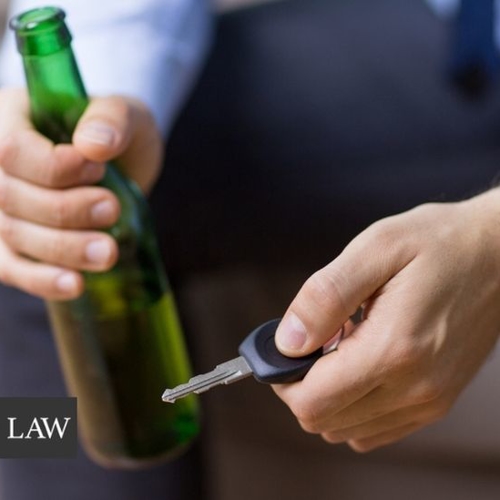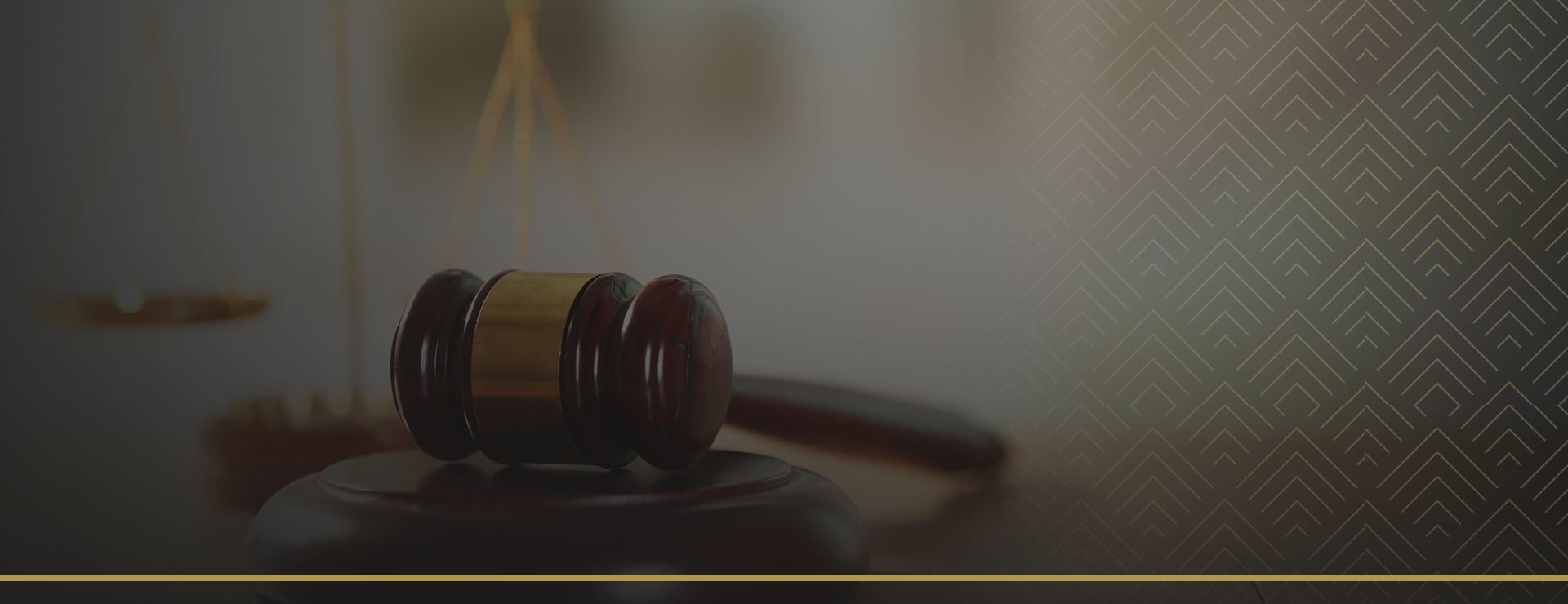
Whether you need criminal defense or representation for a personal injury claim, our team, lead by Chris Crawford, will fight 24/7 to guarantee that your rights are protected. These trial results should inspire confidence.



Pensacola Domestic Violence Lawyer
Defense You Can Trust
At Crawford Law, we understand the gravity of domestic violence charges in Pensacola, Florida. These allegations not only pose a serious legal threat but can significantly impact personal and professional relationships. Our dedicated legal team works tirelessly to protect your rights, offering both aggressive defense strategies and compassionate client service. We provide personalized consultations and legal approaches tailored to the unique circumstances of each case, ensuring you remain informed and supported throughout the legal process.
In a domestic violence call, what normally comes through to dispatch is that a disturbance has occurred. When the officers arrive, all they will know is that there is some disturbance.
In the state of Florida, probable cause for an arrest can be based solely on someone’s statement. If someone under oath says something has happened, that is all that the officer needs to make an arrest. An officer will take someone’s word even if there is no physical evidence or anything else backing it up. However, understanding the long-term implications of an arrest is crucial. An arrest can result in a permanent criminal record, which may affect future employment opportunities and personal relationships.
Florida's judicial system emphasizes the protection of victims, resulting in mandatory arrests in many domestic violence cases. This protocol is designed to reduce the chances of further harm and encourage victims to pursue legal action. For those accused, this means facing potential legal proceedings regardless of the situation's complexity. Familiarizing oneself with Florida’s domestic violence laws, particularly Chapters 741 and 784 of the Florida Statutes, can provide insight into the specific legal processes and potential penalties associated with such charges.
I’ve Just Been Arrested on Charges Related to Domestic Violence. What Exactly Am I Being Charged With?
At its core, domestic violence is battery or assault. The reason it is called “domestic violence” is because of the relationship between the two people who are involved in the case. You do not have to be married to be charged with domestic violence — you can be dating or family members. That is enough to have the officers enhance battery charges to a domestic violence offense.
Pensacola, FL: Navigating the Legal Landscape
Pensacola's domestic violence legal landscape is subtly shaped by local nuances, including the operations of the Escambia County judicial system. Courts in this jurisdiction often scrutinize the merits of restraining orders and injunctions with a keen eye, making the early involvement of a domestic violence attorney invaluable. At Crawford Law, we pride ourselves on understanding these local intricacies, ensuring that our clients not only benefit from a comprehensive legal defense but also from strategic advice specific to the Pensacola area.
To effectively navigate these legal challenges, our attorneys maintain robust connections with local law enforcement and court officials. This network aids in expediting case assessments, renegotiating terms of contact, and crafting defense strategies that resonate with regional practices and expectations. Whether dealing with first-time allegations or more severe charges, it’s crucial for defendants to be well-versed in how these local elements could potentially impact their cases.
Understanding No-Contact Orders & Parenting
One of the most pressing concerns for those accused of domestic violence is maintaining contact with their children. In many instances, the courts will issue no-contact orders that aim to protect involved parties but may complicate familial relationships. Fortunately, Crawford Law has significant experience in negotiating these terms to facilitate parenting needs.
Legal intervention is key in circumstances where child contact is restricted. Our team is adept at petitioning for modifications to no-contact orders, allowing our clients to maintain vital relationships during the pendency of their legal proceedings. It is also important for defendants to engage proactively with parenting resources and counseling services in the community, which could serve as mitigating evidence in their favor.
Are Domestic Violence Charges Generally Misdemeanor or Felony Charges? What Determines That Level of Charge?
Domestic violence charges are generally misdemeanor charges, but they can be felony charges. What determines the level of charge is what the allegation actually is. If the allegation is that someone hit, kicked, or struck another person, that is generally a misdemeanor. It can be enhanced to a felony if there is strangulation involved or if an item is used as a weapon. If there is great bodily harm done to another person, the charge could be enhanced to a felony. It all depends on what the allegations are.
Is an Order of Protection or a Restraining Order Automatically Put into Place When Someone Is Charged in a Domestic Violence Case?
A domestic violence injunction is a completely separate case from the criminal domestic violence charge. Law enforcement officers are required to inform the alleged victim of these injunctions — they actually give them paperwork and then tell them how to fill it out. Domestic violence injunctions are something that law enforcement and the court pushes the alleged victim into getting, whether or not they really need or want the injunction.
While an injunction aims to provide immediate protection to the alleged victim, it also has significant implications for the accused. An injunction can dictate living arrangements, impact child custody, and restrict freedom of movement. Therefore, it's vital for the accused to fully understand their rights and the ramifications of these orders, seeking legal guidance immediately to navigate these complexities effectively.
It's worth noting that in Florida, there is a robust network of resources available to victims of domestic violence, including shelters and counseling services. The Northwest Florida Domestic Violence Shelter, located close to Pensacola, is one such resource that offers support and safety for those in need. Such local facilities frequently collaborate with legal entities to ensure comprehensive support for victims, underlining the importance of legal proceedings in protecting vulnerable individuals.
I’m Facing Domestic Violence Charges. Can I Still Be in Touch with My Children?
After you are arrested and you bond out, there is most likely going to be a no-contact order with the alleged victim. That does not mean you have no contact with your children. You can have contact with your children as long as the court allows it. It is very important to have a lawyer involved in the case early on. Your lawyer can discuss contact with your children with the court. If, for whatever reason, the court says you cannot have contact with your children, then you need a lawyer to file a motion to modify the conditions of your bond.
The Alleged Victim Has Changed His or Her Story & Does Not Want to Proceed with the Case Against Me. Will the Prosecutor Automatically Drop the Case?
When someone changes their story or decides not to move forward with the case, prosecutors are extremely reluctant to actually dismiss the case. The reason is that there is a lot of attention on domestic violence charges and pressure from legislators to prosecute these cases to the fullest. Prosecutors do not have the luxury to dismiss a case because the alleged victim wants to. They have people above them who will make sure they move forward in the case. You need a lawyer who will make sure your rights are fully upheld in the case.
It is crucial to understand that a prosecutor's decision to proceed is influenced by more than just the victim's testimony. Additional evidence, like police reports, medical records, or statements from other witnesses, can independently support the prosecution's case, even if the initial accuser recants. This underscores the importance of having competent legal representation to challenge evidence and advocate for your rights effectively.
In Florida, domestic violence cases are taken seriously due to the potential risk they pose to public safety. Legislative pressure and community awareness have led to stringent policies that make it difficult for prosecutors to drop cases. This procedural stance is intended to deter repeat offenses and protect victims, reflecting the state's strong stance on addressing domestic violence crimes comprehensively.
How Does a Prior Record of Convictions for Assault, Battery, or Domestic Violence Impact a Current Charge in Florida?
If you have a previous battery charge, any battery offense that you are arrested for in the future can be enhanced to a felony battery charge. When trying to resolve the case, the prosecutors will have access to your previous record and will be much more unwilling to offer you anything that you would obtain to resolve your case. Your prior record has a very big impact. If you are charged with a felony battery or any kind of felony domestic violence, that prior record can be used to enhance your sentence.
While a Case Is Pending, Do You Recommend to Your Clients That They Get Any Sort of Counseling or Anger Management Treatment, or Does That Show Guilt to the Court?
It absolutely does not show guilt to the court to get counseling, and no one should ever be dissuaded from getting any kind of service that they think they need because of the idea that it shows guilt. If you are looking to resolve your case through some kind of negotiated plea, a lot of times, getting counseling can really help you in negotiating with the prosecutor. If you have a trial in your case, the evidence or the testimony that you got whatever counseling or services that you needed is not admissible. The only thing that is going to be admissible at a trial is what occurred at the time of the alleged offense.
Engaging in counseling or anger management programs can demonstrate a proactive stance towards personal improvement, which some judges may view favorably during sentencing. This approach not only helps in potentially mitigating penalties but also assists individuals in addressing underlying issues that could contribute to conflict, reducing the likelihood of future incidents.
In addition to individual benefits, participation in such programs can influence the negotiation process. Demonstrating a commitment to behavioral change may encourage prosecutors to consider alternative resolutions that focus on rehabilitation rather than punitive measures. This is particularly relevant in domestic violence cases, where courts prioritize both the safety of victims and the reform of offenders to prevent recurrence.
What Are Some Strategies That Could Be Used to Defend Clients in Domestic Violence Cases? Is Self-Defense a Viable Defense?
There are many different defense strategies, and it all depends on the case. One of the first things that you have to do is figure out what the alleged victim is actually accusing you of. If you are in a case where you did not do what is being accused, you want to get a sworn statement from the alleged victim where that alleged victim is locked into their story. What happens a lot in domestic violence cases is that the alleged victim later changes their story.
Self-defense is a very viable defense. The state of Florida has very strong laws concerning self-defense. The best part about self-defense is that if you raise it, the prosecutor has to prove that your story or your claim of self-defense is not true beyond a reasonable doubt. That is a very big hurdle for the prosecutor to overcome, and normally, they cannot. If you have a real self-defense case, that defense should be submitted to the court. You have a right to defend yourself.
In addition to self-defense, other strategic approaches might focus on challenging the credibility of the evidence or the circumstances under which statements were collected. Experienced defense attorneys often scrutinize police protocols, witness statements, and the collection of any physical evidence to identify procedural missteps or inconsistencies that could weaken the prosecution's case.
Moreover, Florida's broad interpretation of self-defense under the Stand Your Ground law can provide a significant advantage in domestic violence defenses. This law allows individuals to use reasonable force, including deadly force when there is a legitimate belief of imminent threat without a duty to retreat. Legal counsel will be critical in navigating these defenses, ensuring they are well-founded and convincingly presented.
Frequently Asked Questions
What Happens If I Violate a Restraining Order in Florida?
Violating a restraining order in Florida is a serious offense that can lead to severe consequences. If someone is found to be in breach of such an order, they could face criminal contempt charges, leading to fines, jail time, or both. The severity of penalties depends on the nature of the violation and whether it is a first offense or a repeated action. Law enforcement in Pensacola, as part of Escambia County's judicial efforts, deals with such violations stringently to ensure the protection of victims and uphold the integrity of judicial orders.
Being charged with a violation can complicate ongoing legal matters relating to domestic violence charges significantly. An individual in such a situation should contact a domestic violence attorney immediately. At Crawford Law, we assist our clients by reviewing the circumstances of the alleged violation, working to establish defenses, and negotiating with prosecutors. We understand the complexities these charges add to an already challenging process and are committed to defending your rights.
Can Domestic Violence Charges Be Expunged in Pensacola?
Expungement of criminal records is a possibility under Florida law, but it comes with strict conditions, especially for domestic violence charges. In many instances, domestic violence charges that result in a conviction cannot be expunged. However, if the charges were dropped, dismissed, or resulted in an acquittal, expungement might be possible. The complexity of the process requires careful navigation and thorough understanding, making legal consultation essential.
At Crawford Law, we help clients explore their expungement options, ensuring they fully understand eligibility requirements and the steps involved. Our team is adept at compiling the necessary documentation, submitting petitions, and advocating on behalf of our clients to clear their records, thereby facilitating access to future employment or housing opportunities.
How Long Does a Domestic Violence Case Take in Pensacola?
The duration of a domestic violence case in Pensacola can vary widely based on numerous factors, including the complexity of the case, the charges involved, and the court’s schedule. On average, straightforward cases may take several months, while those that involve significant disputes or require trial could extend for over a year.
Crawford Law prioritizes strategic planning and timely execution to expedite the legal process. We achieve this by leveraging in-depth knowledge of local procedures and maintaining open communication channels with the judicial system and prosecution. Our commitment to client education ensures that you remain informed at every stage, understanding the potential timeline and procedural expectations.
What Are the Penalties for Domestic Violence in Florida?
The penalties for Florida domestic violence charges depend on the type of charge and the circumstances of the case. Consequences can vary widely based on the details of an alleged offense — for example, the penalties for a first-degree misdemeanor can include up to one year in jail, while a third-degree felony can result in up to five years in prison. All types of charges can also include penalties such as significant fines, community service, and more.
Why Do I Need a Domestic Violence Attorney?
Domestic violence charges are extremely serious. In addition to jail time, you could face large fines and mandatory counseling. If you are convicted, you could also lose your right to own a firearm and find it difficult to get a job or housing in the future. Our Pensacola domestic violence attorney has handled thousands of cases. We can use our experience to help you fight your charges!
Call our office at (850) 220-2098 or contact us online to schedule a consultation with our domestic violence lawyer in Pensacola.
Our Settlements & Verdicts
Recent Case Victories
-
$800,000 Townhouse Community - Hurricane Irma Claim
-
$4,000,000 JR - Trial Verdict Slip and Fall Injury
-
$350,000 JR - Commercial Truck Crash
Our Blog
-
I Was Arrested for the First Time in Florida—Now What?

-
Can Your Open Criminal Case Impact a New Job or Move?

-
Can a Bar Be Held Liable for a Drunk Driving Accident in Florida?

-
Different Ways a Juvenile Record Can Impact a Life

-
Who Can I Blame for Injuries on Another's Property in Florida?

-
How to Prove Liability in a DUI Car Accident Case

